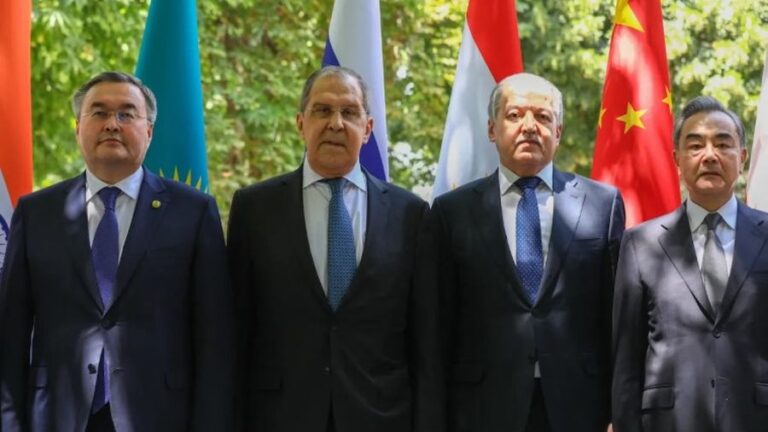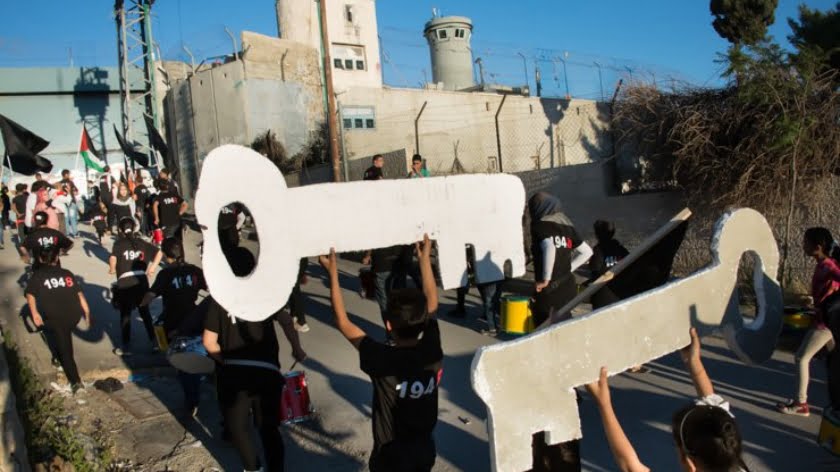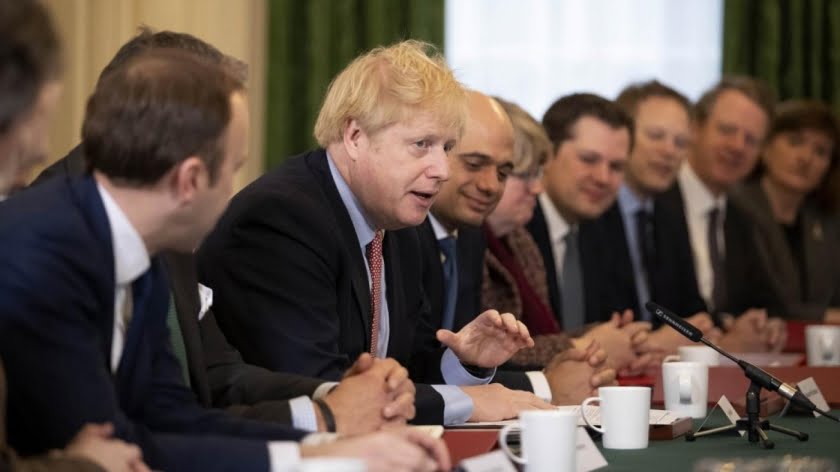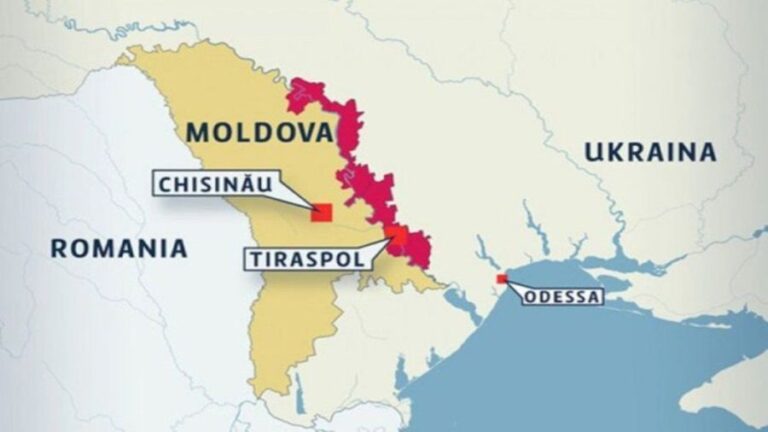Why’s Turkey Regularly Targeted by Alt-Media’s Disinformation Campaigns?
Those who dare to question anti-Turkish disinformation, let alone debunk it with easily verifiable and factual pieces of evidence, are viciously attacked in ad hominem ways that include baseless accusations of being ‘Russophobic’, ‘Zionist’, and/or a ‘Turkish agent’ among many others. This is the exact same pattern that’s observed whenever it comes to the AMC’s other favorite conspiracy theory alleging that Russia is secretly anti-Zionist, hates ‘Israel’, and is allied with the Iranian-led Resistance.
All countries are targeted by disinformation campaigns, but the Alt-Media Community (AMC) tends to target Turkey a lot more frequently than anyone else. The latest example of this is the completely groundless speculation that the country clandestinely played a role in waging the recent Hybrid War of Terror on Kazakhstan. The author cited five easily verifiable and factual pieces of evidence in his analysis last week discrediting this narrative. Subsequent events such as Kazakhstan’s participation in the Organization of Turkic States’ emergency meeting on this crisis last week as well as Russia’s hosting of Armenian-Turkish talks on Friday further reinforces the fact that neither Kazakhstan nor Russia suspects Turkey of stirring up trouble otherwise the last two mentioned developments wouldn’t have happened.
None of this, however, has stopped the AMC’s disinformation onslaught against Turkey. Factual evidence such as the seven cited examples above is either completely ignored or conspiratorially dismissed as Kazakhstan and/or Russia “playing chess” by trying to “psyche out” Turkey. Quite clearly, this fake news narrative isn’t intended to appeal to objective observers but purely to those who already expect to hear claims that Turkey is destabilizing yet another country and perversely derive pleasure from reading about that on the internet. This bizarre phenomenon actually resembles a political fetish of sorts since it appeals to a niche audience, albeit one with disproportionate influence in the AMC. The purpose of the present analysis is to explore the psyche of those who are attracted to this narrative.
Before beginning, it’s important to point out that the following observations don’t apply to those who genuinely fascist, Islamophobic, or Turkophobic. There veritably exists a faction of the AMC that’s driven by ultra-nationalist impulses related to their hatred of all things connected to that country. They’re mostly concentrated among some (but importantly not all) of those Armenians and Greeks who share groundless claims about Turkish foreign policy. The Islamophobic and Turkophobic voices are much broader. Some of the last-mentioned faction are misled by gatekeepers into thinking that since Russia and Turkey have regularly fought each other over the centuries that they still secretly plan to do so and that this scenario is therefore inevitable. Turkophobia is their way of virtual signaling support for Russia.
Having clarified that those three categories don’t apply to the vast majority of those who fall for the AMC’s anti-Turkish disinformation campaign, it’s now time to begin exploring how those folks most likely think. From the author’s close observations of them over the years, it seems that many were influenced by Turkey’s leading role in the War on Syria. There’s no question that the Anatolian nation directly supports armed anti-government forces there and has even militarily intervened on several occasions. Its official forces are still deployed in northern Syria too. Because of that conflict, its disastrous humanitarian consequences, and ISIS’ rapid rise within that context, there are some people who will simply never support Turkey no matter what, which is their personal right.
It’s one thing to not support Turkey and another to believe every falsehood peddled about it, though. Those who propagate groundless claims about Turkish foreign policy such as its supposedly clandestine involvement in the Hybrid War of Terror on Kazakhstan are exploiting those people’s emotions. They’re also taking advantage of the fact that the Turkey’s involvement in other foreign conflicts such as Azerbaijan’s and Libya’s has already been confirmed by Ankara itself whether through drone sales like in the former or troops in the latter. Those who tend to hate Turkey for its involvement in Syria also tend to hate it for its involvement in those two aforementioned conflicts too because they usually sympathize with the other side due to their different worldview, which once again is their right.
This context preconditions them to expect that Turkey is secretly involved in other conflicts too, especially those that are waged against targets that those individuals also sympathize with such as Russia’s CSTO ally Kazakhstan. Former Turkish Foreign Minister Davutoglu’s 2001 book about “Strategic Depth” is cited by many of that country’s critics as proof of what they describe as its “Neo-Ottoman” intentions across Afro-Eurasia and particularly within those countries that either used to be part of its former empire or are inhabited by Turkic people like most of the Central Asian Republics (CAR). Combined with Turkey’s support of the Muslim Brotherhood (which is banned in Russia just like ISIS is) and its formidable intelligence agencies, many people don’t doubt claims of Turkish meddling abroad.
The latest disinformation campaign targeting Kazakh-Turkish relations takes advantage of last November’s Turkic World Vision 2040, which is those countries’ collective grand strategy that essentially amounts to attempting to turn the Turkic World into an independent pole of influence in the increasingly bi-multipolar world order. Since Kazakhstan agreed to support this goal, those in the AMC who are already inclined to suspect Turkey of foul play all across the hemisphere suspect that President Erdogan himself personally ordered his intelligence agencies to try to overthrow his counterpart via the Muslim Brotherhood’s vast regional network. All that the anti-Turkish disinformation peddlers have to do is put these suspicions in writing or on video in order to make them come off as “credible”.
Many members of the AMC are “well-intended” (as in they truly believe that what they’re thinking, doing, and sharing contributes to world peace) but very naïve so they blindly believe whatever anyone else writes or says about Turkey’s supposedly secret involvement in foreign conflicts and especially the latest one in Kazakhstan. It should also be pointed out that one of the reasons why few ever doubt these claims apart from the fact that they conform to their (perversely wishful thinking) expectations is that they’re sometimes propagated by influential members of the AMC who earned their credibility throughout the course of the War on Syria. These people worked very hard to expose the myriad of foreign plots against the Arab Republic and therefore earned the AMC’s trust.
Unfortunately, for reasons that only they can account for if publicly (but politely!) challenged to do so, some of them have abused this blind faith to peddle anti-Turkish disinformation in connection with other conflicts, most recently Kazakhstan’s. Just because Turkey played a leading role in the War on Syria doesn’t mean that it played any role whatsoever in the Hybrid War of Terror on Kazakhstan, but “well-intended” though naïve members of the AMC who already dislike the country (and in most cases also President Erdogan) for that reason and others per their personal right to do so automatically suspect that it did and are simply in most cases eagerly waiting for someone (especially influential members of the AMC and particularly those who earned their respect covering Syria) to publicly say so.
That’s all that it takes – one of those influential individuals putting it in writing and/or video that Turkey played some sort of a role in that conflict – for these claims to be believed and go viral, quickly becoming the “politically correct” narrative that the AMC’s gatekeepers aggressively impose upon all others. Those who dare to question it, let alone debunk it with easily verifiable and factual pieces of evidence, are viciously attacked in ad hominem ways that include baseless accusations of being “Russophobic”, “Zionist”, and/or a “Turkish agent” among many others. This is the exact same pattern that’s observed whenever it comes to the AMC’s other favorite conspiracy theory alleging that Russia is secretly anti-Zionist, hates “Israel”, and is allied with the Iranian-led Resistance.
The truth is that Russia is de facto allied with “Israel” and that President Putin is a very proud philo-Semite. It’s beyond the scope of this analysis to share every shred of objectively existing and easily verifiable evidence to that end, but interested readers can reference five of the author’s pieces about it here, here, here, here, and here, the second of which hyperlinks to 15 other supplementary analyses on that subject, including an interview with Iranian domestic media where the author explained this “politically inconvenient” truth at length in his response to the second question (the English original is right below the Farsi translation). The AMC’s gatekeepers, however, insist that none of these facts are true and that Russia is just “playing chess” in order to “psyche out” “Israel”.
The larger trend is that the AMC rigidly enforces its own version of “political correctness” onto its members just like their Mainstream Media (MSM) rivals do as means of laundering factually false disinformation narratives as the so-called “truth” to their “well-intended” but naïve target audience. There’s no difference between the AMC propagating false narratives about Kazakh-Turkish ties and Russian-“Israeli” ones and the MSM doing the same when it comes to Russia, China, and Iran for instance. They operate the same way: a false claim is made by a so-called “trusted source”, after which it’s amplified by the AMC or MSM, including across social media, until it’s repeated so many times and aggressively enforced by gatekeepers that it’s finally accepted as the “truth”.
Those members of the AMC who sincerely aspire to learn more about International Relations would therefore do well to always take influential figures’ claims about Turkey with a grain of salt, especially if they earned their trust throughout the course of the War on Syria. Those folks are the most likely to spread anti-Turkish disinformation in connection with other conflicts like Kazakhstan’s. Just because someone dislikes Turkey for whatever reason as is their personal right doesn’t mean that every allegation of Turkish meddling is true. Those who respect themselves shouldn’t let others manipulate their emotions and minds by taking advantage of their expectations about Turkish foreign policy. People who fall for such fake news are actually victims of a very pernicious disinformation plot.







